Nigerian government has announced that the Second Niger Bridge will open from December 15, 2022, to January 15, 2023, to ease traffic on the road from West to East during the Yuletide season.
Minister of Works and Housing, Babatunde Fashola (SAN), made the disclosure during a press briefing on Thursday.
Join our WhatsApp ChannelFashola pointed out that the access would only be for traffic going from the West to the East of the country, adding that the flow would be reversed on January 15, 2023, to benefit traffic from the East to the West of the country.
Though work on the access road to the Bridge was not yet finished, the Minister explained that the reason for the temporary opening was to ease pressure on the first bridge which was usually congested as a result of the huge traffic on it during the Yuletide period. He added that the access roads linking the surrounding towns to the bridge were yet to be finished.
“I believe it is good news so I can confirm it. As I have told you we have completed work on the Bridge. So, as it is now you can walk from one end of the bridge to the other; you can drive from one end to the other. But the connecting roads that link the bridge are what we are working on; that has not finished”, Fashola stated.
The minister attributed the delay in completion of the entire work on the access routes to the bridge to the flooding occasioned by the predicted heavy rains and the stop work order for Mondays in the South East by separatist agitators. He noted, however, that the flood that occurred in the area during the season was also a blessing explaining that the original level for the design of the access road had to be changed.
“We had to raise the height of that road. So, that flood has made the design to be reviewed and that is good for us. Happily and thankfully, it did not affect the bridge in any way”, he explained.
Commenting on the positive impact of the infrastructure, Fashola asked, “Why do we need the Second Niger Bridge; is it not because we have outgrown the first bridge? Is it not because people spend days there just to go for Christmas? That is part of poverty. That is the multidimensional poverty which this President said “I will relieve you of it and provide you a choice”.
“You don’t have to sleep overnight on the bridge because you want to go home for Christmas. That is part of what we are talking about. And he has also approved that since the bridge is finished we should create temporary access so that in the journey this Christmas you can begin to experience what it will look like when the bridge is finally finished and we open it”, the Minister said.
Fashola assured that the Ministry’s Director of Bridges would work in collaboration with the contractors and the Federal Road Safety Commission (FRSC) to work out plans and publicize more on the arrangement.
The Minister said the impact of the Second Niger Bridge arrangement would also be felt on the Abuja-Kano Road and the Lagos-Ibadan Expressway where, according to him, the contractors handling the projects have been asked to remove the barriers and diversions restricting traffic flow for the period of the festivities.
“Let me explain the reason why we divert; we cannot build a 100 km road at once. So we close sections of five, six to 10 kilometres on one side and divert traffic to the other side so that we can complete it. Once we open that road, that section is completed and we open it to traffic”, the Minister explained, adding that the Director in charge of Construction and Rehabilitation had sent the message to all his Controllers and all the contractors to pass the message to their staff.”
He also disclosed that there will no diversions at all on the Abuja-Kano, from Kaduna to Zaria and from Zaria to Kano, which is over 130 km, there will be only one diversion. And from Abuja to Kaduna, which is about 165 km there are going to be four diversions. So from Abuja to Kano, which is 365 km, there are going to be only five diversions.
Explaining that the five diversions are necessary for operational purposes Fashola added, “I think this is significant and the contractors are working to provide valid access. There are places where we are just going to patch so that you can drive because we are coming back to remove it for full construction which is the main contract”.
“So when you see such things don’t go back to say it has failed, it has not failed, we have not built it, we have just provided relief. When you get to the built section where we have finished, you will see the quality of work we have done there, lane marking and everything and you will know this is the constructed part”, the Minister further explained.
On the Lagos-Ibadan Expressway, he said the instruction to the contractors was no diversions or obstructions on the Lagos-Shagamu end from the 15th of December adding that on the Ibadan end there would also be no diversion.
Appealing to the commuting public for patience, Fashola said, “So what I will then say is that you will expect efficient, reduced travel time if we use the road properly. So, sometimes you have heard there will be religious events, cross-over nights, and sometimes traffic might slow down; FRSC is there to move it.
“Please be patient; don’t be in a hurry and face oncoming traffic because it will just build up the whole place and that is what will cause gridlock and not our work but impatience as it is”, he said adding that he will interact with the FRSC during the period and give the necessary support to ensure smooth traffic flow on the road.
Reiterating the importance of patience among commuters, the Minister added, “Where there is slowdown, bear with us. We don’t intend it but these things can happen with the best of plans. The reason why we are here is that we have come here to plan for the worst and we are now hoping for the best. And the best can only come from the way we use the road”.
To truck drivers, the Minister appealed, “Try and keep your trucks in good condition. Don’t overspeed, if you are tired, take a break and sleep because this is what causes accidents and obstructions. Mostly I want to appeal that the maximum speed on federal roads is 100km/hr not 101 km. So I’d rather you drive below 100km/hr because we want you to arrive safely”.
Appealing to the FRSC for more stringent monitoring of the traffic, Fashola who reiterated that no driver without a valid driver’s licence should be allowed on Nigerian roads, added, “We are having too many road crashes and we are losing too many lives. In the month of September, the data that I got was better than in August but it is still not tolerable. We lost over 400 people on the roads. We have to bring that number down”.
“I am glad that FRSC is here. One of my appeals to FRSC is to do random checks, ask people for their driver’s licences, if they don’t have arrest and prosecute them. Only certified people will drive on our roads. The President has approved patrol vehicles for you, use it to control traffic.”
The Minister, who listed sections on which motorists are prone to excessive speeding including Lagos-Ibadan, Abuja-Kano, and Abuja to Lokoja, told the Commission, to put its patrol vehicles on roads to check overspeeding by motorists, urging the road safety officers to if possible restrict users to a maximum of 100 kilometres per hour.
“We want to reduce the number of accidents. We want people to get home safely. We want it to be a very merry Christmas for them and certainly a more prosperous New Year that we hope to see”, the Minister added.
Fashola also appealed to the people of Akure, Ado-Ekiti, people in Kabba and Benin-Sapele and all the people who use the Benin-Okene Road, the East-West Road that government understands the challenges on those roads and is leaving nothing undone to solve them.
“Some of them are mired in our procurement processes which as matters of law we can’t change. So we are working to fix them”. He added that the Ministry was also working to make recommendations to the President to get other sources of funding to invest in these roads.
“So our contractors do not despair; help is on the way. We are also mindful of this issue of inflation, we are going to address it; in some cases, we are providing augmentations. We can’t do everything. So some of it may have to be quid pro quo, we give some and you give us some. But generally, I am optimistic that we are on the right part”, he assured.
To other stakeholders, especially the road users, Nigerian Association of Road Transport Owners (NARTO) and Petroleum Tanker Drivers (PTD), Fashola thanked them for their cooperation in the efforts to bring sanity to the roads adding, “I am not blaming you for overloading. I am just advising you to comply with the law and I am happy to hear the report on efforts being made to do so. It ultimately means that the road will serve you for a longer period as designed; because, after all, what business do you have if you don’t have the road”.
Victor Ezeja is a passionate journalist with seven years of experience writing on economy, politics and energy. He holds a Master's degree in Mass Communication.

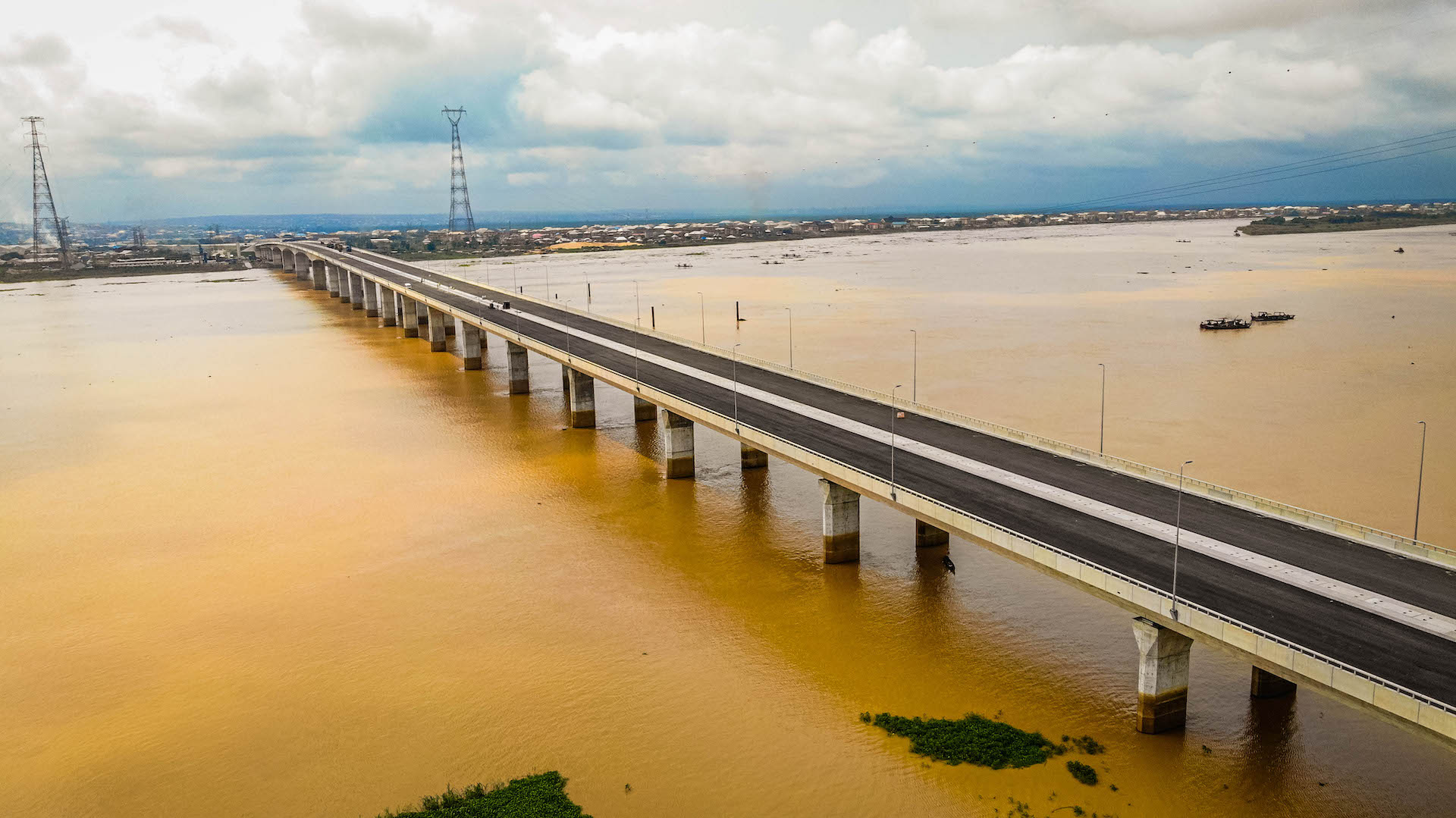



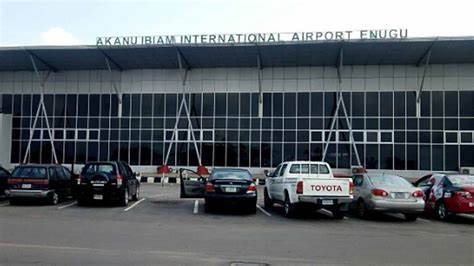
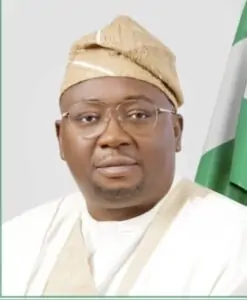









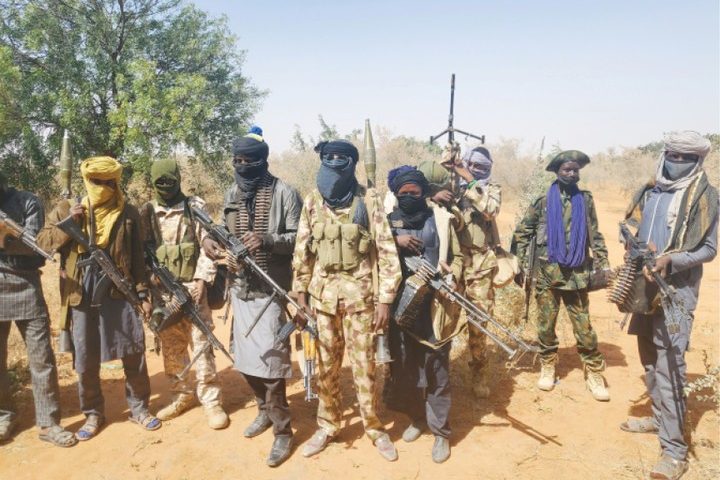
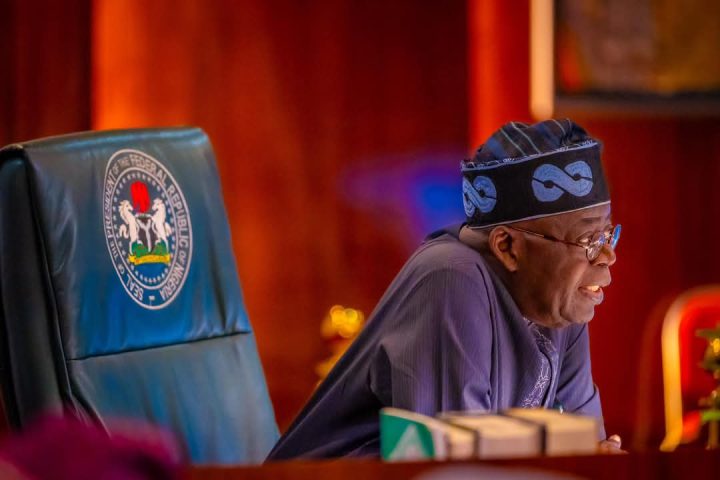
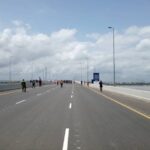
Follow Us